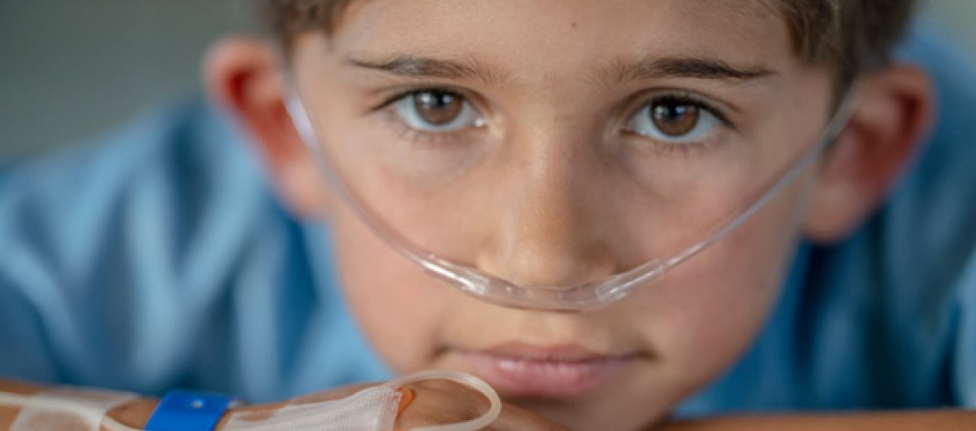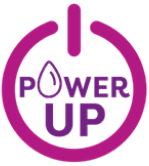Give Plasma Help Patients with Major Blood Loss
Plasma Donors Help Patients Experiencing Life-Threatening Blood Loss

A plasma donation allows you to give a specific part of your blood and help certain types of patients. Plasma helps patients with massive blood loss, which can be caused by injuries sustained in serious motor vehicle accidents, childbirth complications and severe burns. A plasma donation also helps those with clotting disorders and rare blood diseases.
Make Appointment Now
What is plasma?
Plasma is the liquid portion of blood that suspends the red blood cells, platelets and other cells within our bloodstream. This blood component contains hundreds of different proteins and critical substances, like clotting factors and electrolytes needed for our bodies to function normally.
During a plasma donation, a special machine removes the plasma from your blood and returns the other components to your body, along with saline, while you rest comfortably.
![]()
Join our donor recognition program!
With as few as two plasma donations, you can redeem points for electronically delivered gift cards to restaurants, movie theaters, retailers and more.
Ready to schedule your plasma donation?
Schedule your plasma donation online today and help a trauma patient.

Plasma is 95% of total blood volume

Plasma contains critical elements to keep us healthy

Blood type AB donors are the universal plasma donors
What are the benefits of plasma donation?
You will know that you are helping patients in critical need! Plasma donors donate via apheresis or automated donation (a donation made on specialized, high-tech equipment) where a smaller needle is used, plasma is extracted and the rest of your blood is returned to you. When you give a plasma donation, you can give a larger therapeutic dose to help patients who often need multiple plasma transfusions.
What are the eligibility requirements for plasma donation?
General blood donor eligibility guidelines apply to plasma donors. A Vitalant professional is happy to answer any questions you may have about plasma donation.
Please note: Donors who were previously pregnant are tested for HLA antibodies as the presence of these antibodies could put a patient at risk for Transfusion-Related Acute Lung Injury (TRALI). As long as no HLA antibodies are present, we happily welcome previously pregnant donors!
Are there specific blood types preferred for plasma donation?
The ideal blood types for plasma donations are donors with Blood Types AB+ and AB-. Donors with these blood types are called universal plasma donors because their plasma can go to any patient.
In times of urgent need or when plasma inventories have been depleted, donors with other blood types may be asked to donate plasma to help patients.
How often can you donate plasma?
Plasma donors can give every 28 days.
Some Vitalant centers have special plasma programs that allow for more frequent donation. Please check with your local Vitalant center to see if these programs are available in your region.
How long does it take to donate plasma?
A plasma donation takes approximately an hour and half to two hours including registration, health history interview, mini-physical, plasma collection and post-donation refreshment. Donors can watch a movie on their phone, read a book or do work on their computer or tablet as they donate to transform lives of patients in need.
Where can you donate plasma?
Plasma donations are accepted at most Vitalant donation centers and select mobile blood drives in specific locations.
How do you prepare for plasma donation?
Please increase your intake of fluids starting two days before your appointment, refrain from oily/fatty foods 24 hours prior to donation and eat a good meal about an hour before your appointment.
Does Vitalant pay for plasma donations?
All blood donations at Vitalant are voluntary donations.
You can help people in so many different situations. It’s a crucial part of saving someone’s life. If it wasn’t for the plasma I was given, I would have died. Blood donors do an amazing thing when you look at what their donations achieve.
Jessica
Survivor of motor vehicle accident
